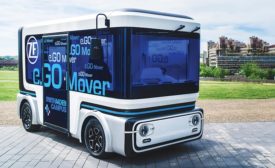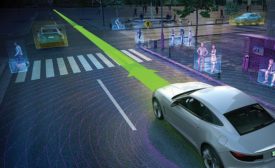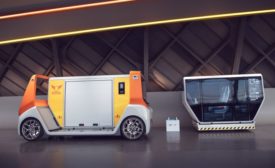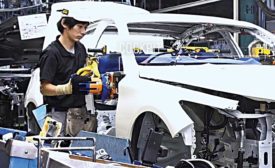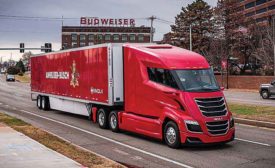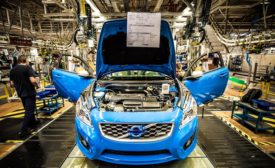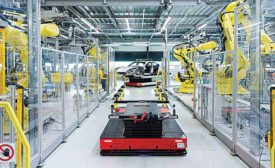Autonomous & Electric Mobility
Recent industry developments are looking to save lives, reduce injuries, and spread mobility equitably, but education—of developers and consumers—is one important element to AV technology development and adoption.
Read More
Driven by data
The twin technologies of big data and machine technology will have to work together in order to propel autonomous vehicle development forward, and industry players from automakers to chipmakers are gearing up for a long and winding road.
September 10, 2020
Electric Vehicle Startups Ramp Up Production
Not since the early 20th century has the U.S. automotive industry seen so many startups
March 3, 2020
Never miss the latest news and trends driving the manufacturing industry
Stay in the know on the latest assembly trends.
JOIN TODAY!Copyright ©2024. All Rights Reserved BNP Media.
Design, CMS, Hosting & Web Development :: ePublishing
